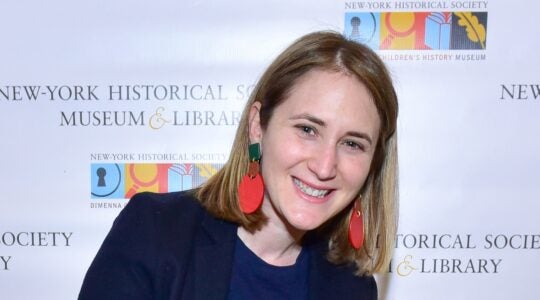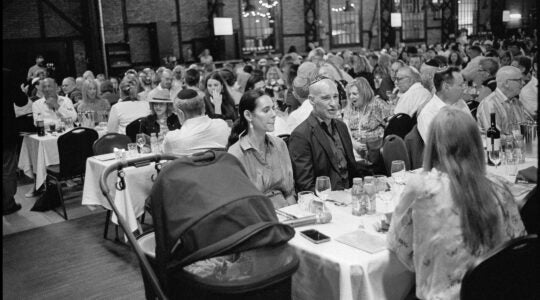The Queen and the Spymaster: A Novel Based on the Story of Esther
Sandra E. Rapoport
Ktav, 2018, $39.95
Megillat Esther, the book of Esther, is composed of ten perakim (chapters) and takes a little under an hour to read. Sandra Rapoport has spun this story into an (almost) 500-page novel.
She has added layer upon layer of visual and sensual details, historical background, midrashic traditions, and even political theory (with a hat tip to Yoram Hazony). Some of the additions are familiar from midrash, such as the notion that Mordechai and Esther are in love and almost succeed in getting married. Others are surprising novelistic innovations, such as the reason given for Vashti’s refusal to come before the king at his banquet: She is three months pregnant due to an affair with the stable boy, and would surely be found out if she came scantily clad, as directed.
Some of the additions complicate and attenuate the story. Mordechai is described as a spymaster who runs a ring of Jewish spies who communicate through secret notes written in disappearing ink. He, in turn, is directed by Daniel (of the biblical book of the same name), who, after escaping the lions’ den, lives on as an old, wise, hooded and unseen advisor in the king’s court. Daniel interacts with Shadrach, Meshach, and Abednego (also of the Book of Daniel) who are transformed by the fiery furnace into men with supernatural powers, for good and evil. They slip in and out of the story, sometimes invisible, sometimes with black magical abilities. Shadrach ends up allying himself with Haman, who, as we are told numerous times, is his generation’s incarnation of Amalek, the perpetual enemy of the Jews.
The story is told on many levels—natural, supernatural, psychological, and historical—and sometimes feels choppy as it goes back and forth from one genre to another, from one character’s perspective to another. The author says that her goal in writing this work was “to retell the Bible’s exciting stories through the lens of midrash … and my own unique viewpoint, in the process giving voice to the Bible’s women and men.”
That she has done, but I prefer “the real megillah,” which allows one to fill in the spaces oneself.
Roselyn Bell is the editor of the JOFA Journal. She recently completed an M.A. in Jewish Studies from Rutgers.
Posts are contributed by third parties. The opinions and facts in them are presented solely by the authors and JOFA assumes no responsibility for them.
If you’re interested in writing for JOFA’s blog contact dani@jofa.org. For more about JOFA like us on Facebook or visit our website.
The New York Jewish Week brings you the stories behind the headlines, keeping you connected to Jewish life in New York. Help sustain the reporting you trust by donating today.




